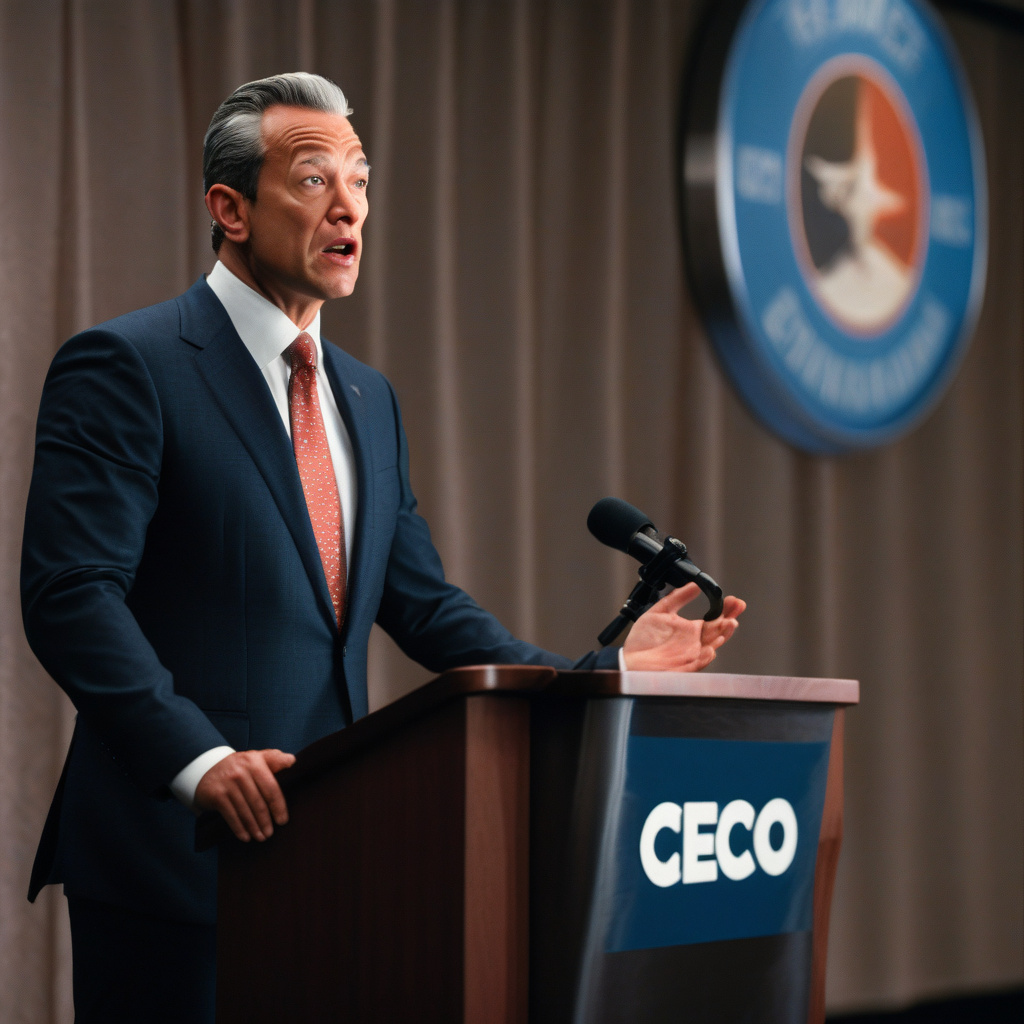In a bold statement that has reverberated across the tech industry, People CEO Neil Vogel has labeled Google as a ‘bad actor.’ Accusations of content theft have been hurled at the search giant, citing its AI crawler as the primary tool for this alleged misdeed. Vogel’s claim hinges on the inability to block Google’s AI crawler without impeding the entire web crawler—a move that would essentially paralyze essential online functions.
This accusation strikes at the core of the digital ecosystem, where content is not only king but also the currency that fuels the internet. Google’s AI capabilities have long been lauded for their efficiency in indexing and serving up relevant information to users. However, Vogel’s assertion sheds light on a darker side, where these very capabilities are being leveraged to siphon off content without due permission or compensation.
The implications of such actions are far-reaching. Not only does it undermine the efforts of content creators and publishers like People, but it also sets a troubling precedent for the digital landscape at large. If a tech behemoth like Google can operate with such impunity, what does this mean for the smaller players, the independent voices, and the innovative startups striving to make their mark?
At the same time, this controversy underscores the pressing need for transparency and accountability in the digital realm. As artificial intelligence continues to permeate every facet of our online experiences, questions of ethics, ownership, and fair practices become more urgent than ever. The power wielded by AI technologies, especially in the hands of tech giants, necessitates a reevaluation of existing norms and regulations to ensure a level playing field for all stakeholders.
Vogel’s stance against Google serves as a rallying cry for those who champion integrity, fairness, and respect for intellectual property rights in the digital age. It highlights the inherent tension between innovation and ethics, between progress and responsibility. As the debate rages on, it prompts us to reflect on our values as individuals, as businesses, and as a society navigating the complex terrain of an increasingly digital world.
In the midst of this controversy, one thing remains clear: the need for dialogue, for collaboration, and for constructive solutions that uphold the principles of integrity and mutual respect. It is through open discourse and concerted action that we can address the challenges posed by technology’s rapid evolution and ensure that the digital landscape remains a space where innovation thrives without trampling on the rights of others.
As we navigate these uncharted waters, it is essential to heed Vogel’s warning and take a stand against practices that erode the very foundation of our digital ecosystem. By holding tech giants accountable and advocating for a more equitable online environment, we not only safeguard the interests of content creators and publishers but also uphold the values of fairness, transparency, and ethical conduct that should underpin our digital interactions.

